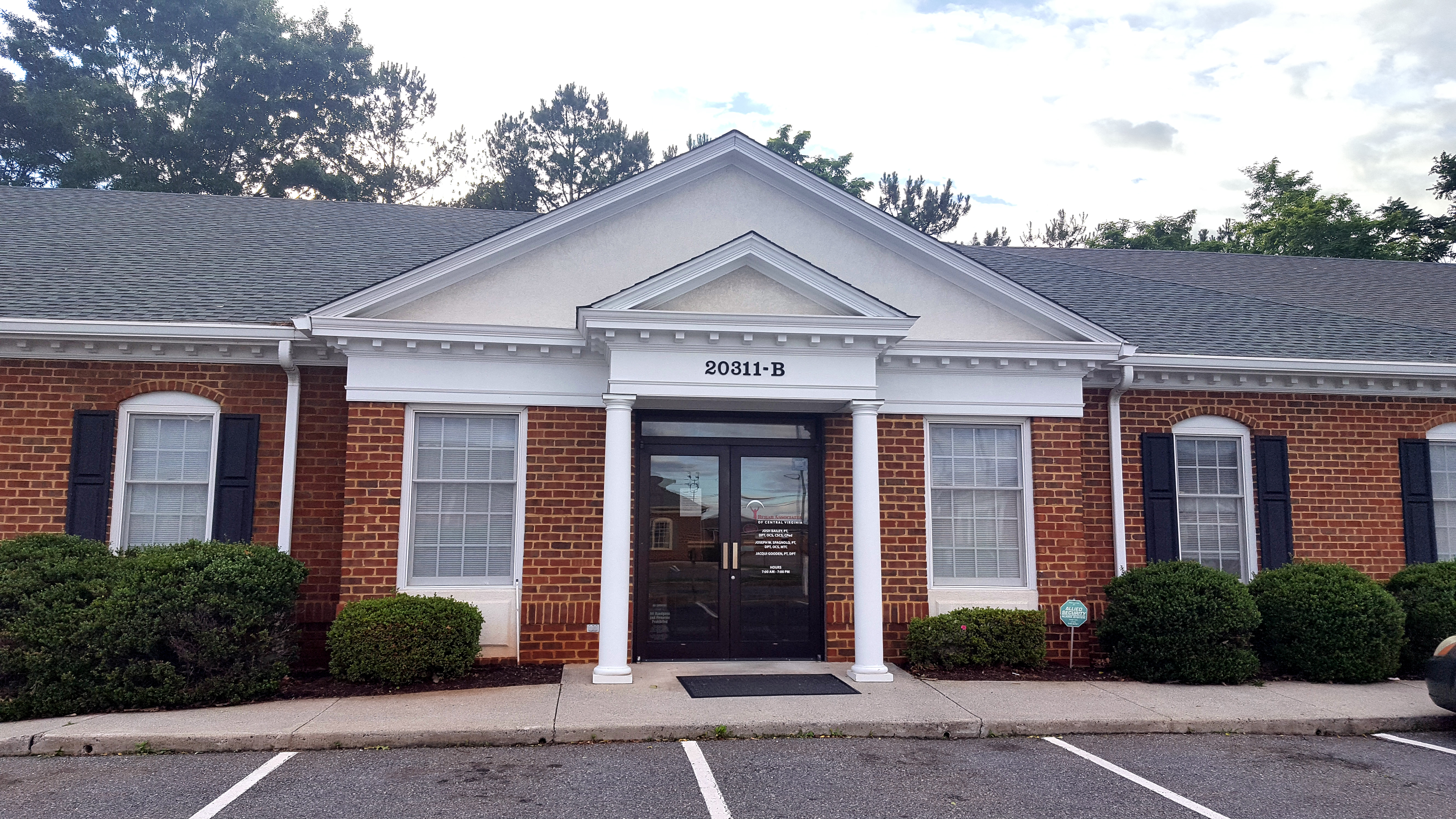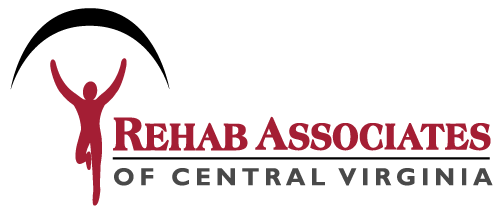
Joshua Bailey had always known that Mary Wallman, a certified vestibular specialist, was good.
Now he has the numbers to prove it and the tools to market Wallman and the other therapists at Rehabilitation Associates of Central Virginia.
Bailey, president and CEO of Rehabilitation Associates of Central Virginia, started preparing employees two years ago for the company’s shift from a fee-for-service provider to a value-based service provider.
“The patient has always been the center for us,” Bailey said. He decided the only way to make it work, and prove to everyone else the new healthcare model could work, was to grade the company based on the outcomes it achieved for patients.
His plan, at its simplest, wasto bring patients back to full physical functionality or better as fast as possible — a financially risky plan when your income is based on the number of times a patient visits.
While the process was financially painful, it worked. Two years in, RACV has opened two new clinics and seen an influx of clients coming in because of increasing word-of-mouth referrals. It has 11 clinics in the area.
And on one of the truest measures of success — cancellation rates — Bailey said the company has seen a significant change.
“Our cancellation rate is down 6 percent since we implemented this,” Bailey said. He said that means customers feel personally invested in their therapy now, no longer willing to miss an appointment.
“We’ve chosen to work harder to get more out of each visit, to have fewer visits per case and we’ve had consultants criticize us for that saying we are less valuable because we don’t see patients often enough. We see it entirely differently,” Bailey said.
Now the company, which was an ESOP (Employee Stock Option Plan) until 2012, judges itself on patient outcomes rather than revenues.
“You can’t just say you’re good, though, you have to prove you’re good. So we created a whole cultural shift in our business,” Bailey said.
Rehab Associates had tracked patient outcomes for five years using its own electronic medical records. But 18 months ago,Bailey hired a third-party vendor — Focus on Therapeutic Outcomes — to measure the performance of each therapist, in each orthopedic condition they treated. Then he asked each therapist to perform at least 20 percent better than the national average.
“Initially there was a little bit of resistance,” Bailey said. The paperwork was considerable,and it took more time to educate patients about the new model.
But when the data came in, thera-pists were able to tell patients specifically how long their treatment would take and how much it would cost.
It meant there would be no “wait-ing to see” if therapy worked. Bailey, who has been invited to teach other physical therapists how to replicate his service model at the third-parry vendor’s annual conference in April, calls it “transparent” health care.
Focus on Therapeutic Options uses seven points of patient satisfaction measures from RACV clients to provide clinicians with an apples-to-apples comparison of what other clinicians have achieved with similar clients, leaving no ambiguity as to what can be achieved.
The outcomes achieved by each clinician started appearing on the company’s website. Clinicians started competing, and today they continue to watch and learn from one another in an effort to improve their own numbers, Bailey said.
Wallman quickly learned her outcomes are within the top 1 percent in the country.
“I didn’t realize that my results were that good,” Wallman said. “I always knew that I made people feel better.”
The company’s transition to becoming a value-based provider wasn’t simple, Wallman said, but it’s made a positive impact on patients as well as clinicians.
“It gives me results and shows that what I’m doing is making an impact,” Wallman said.
Contact Amy Trent at (434) 385-5543 or atrent@newsadvance.com. Find her on Twitter:@amylynnetrent.
